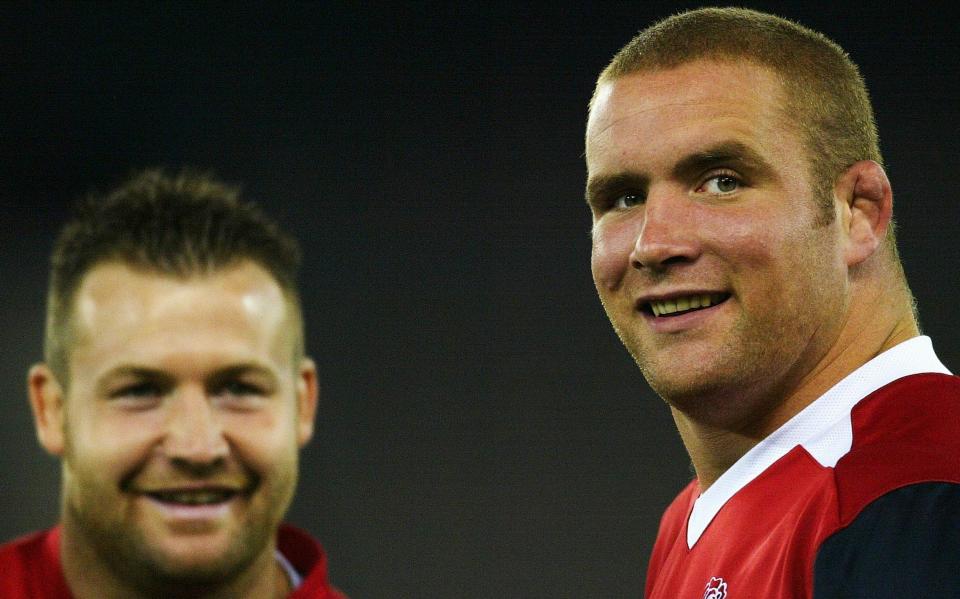Rugby’s concussion lawsuit will not go to trial until 2025 at earliest

A trial date in the concussion lawsuit involving dozens of players including World Cup winners Steve Thompson, Phil Vickery and Mark Regan against rugby union’s authorities will not be set until 2025 at the earliest.
On Monday at the Royal Courts of Justice, Senior Master Cook rejected an application for a group litigation order (GLO) as he admonished both sides for the slow exchange of information that is preventing a trial date being set. Senior Master Cook warned both the claimants, represented by Rylands Garth, and the defendants including World Rugby, the Rugby Football Union and the Welsh Rugby Union, that it would be “untenable” to find themselves in the same position early next year.
In December, Rylands Garth revealed it was representing 295 rugby players who it claims are suffering from a range of symptoms related to brain injuries they sustained during their careers. It must now supply medical records, including MRI scans and neuropsychologist reports, for all its claimants by Oct 31.
Rugby’s authorities, meanwhile, must assist Rylands in pursuing medical records from individual clubs all over the world relating to the players involved in the case by July. Senior Master Cook noted both sides face a “herculean task” to provide and analyse such information but is adamant progress has to be made after the third case management hearing, which is supposed to set the parameters for what can be disputed at trial, ended in more gridlock.
“I don’t want to find ourselves in January next year with everyone arguing that they have not received the necessary disclosures,” Senior Master Cook said. Separate hearings will be heard for an application for a cohort of players to remain anonymous in the process as well as for the cost sharing by both sides.
GLOs are commonly associated with industrial disease claims such as respiratory problems suffered by coal miners. This would allow Rylands to bunch all the individual claims into a single group action based on a group of selected players. While it has offered a cohort of 45 players as test cases, Senior Master Cook ruled that rugby authorities could not know if they are a representative sample until they have seen all the relevant medical records. “You cannot choose lead cases until there’s been a proper exchange of information rather than relying upon a self-selecting cohort,” he said.
Previewing a potential trial, Senior Master Cook noted that causation “is going to be fiendishly difficult” to prove and urged both sides to be inventive and creative in the legal mechanism they deploy with Rylands Garth also taking a separate action against rugby league’s authorities.
A joint statement from World Rugby, the RFU and WRU read: “We welcome the progress made today. The Court’s clear direction, that the players’ legal representatives must provide full details of the claims being made against us, including medical screening test results they are yet to share, enables everyone to move forward. As Senior Master Cook noted, there is ‘no way’ further progress can be made without the players’ legal representatives sharing this important information.
“The parties will now work towards sharing the information necessary to move this case forwards. Player welfare continues to be rugby’s number one priority and although we cannot contact the players involved in this case directly we want them to know that we continue to listen, we continue to care and we will continue to act.”

 Yahoo Sport
Yahoo Sport 



































































